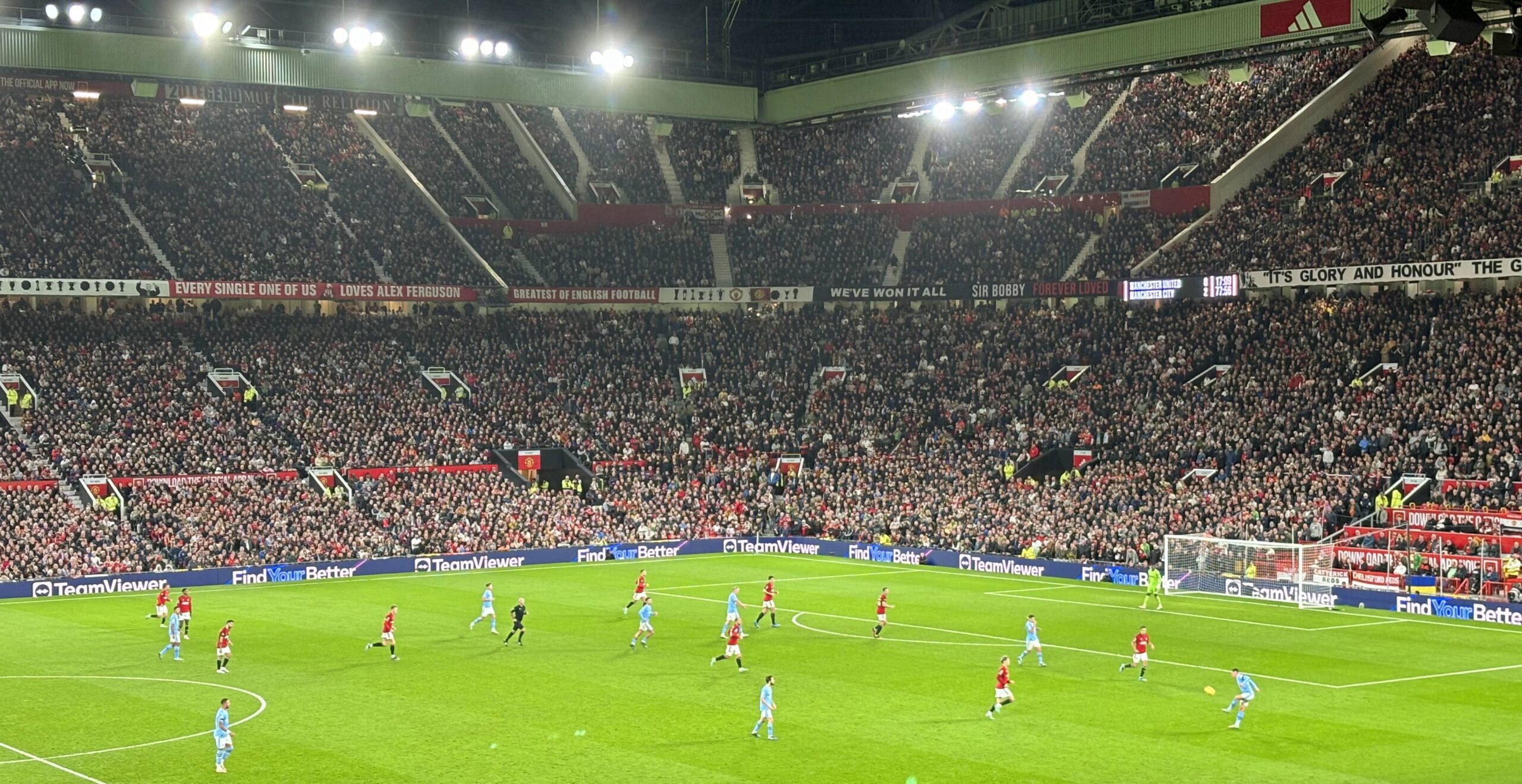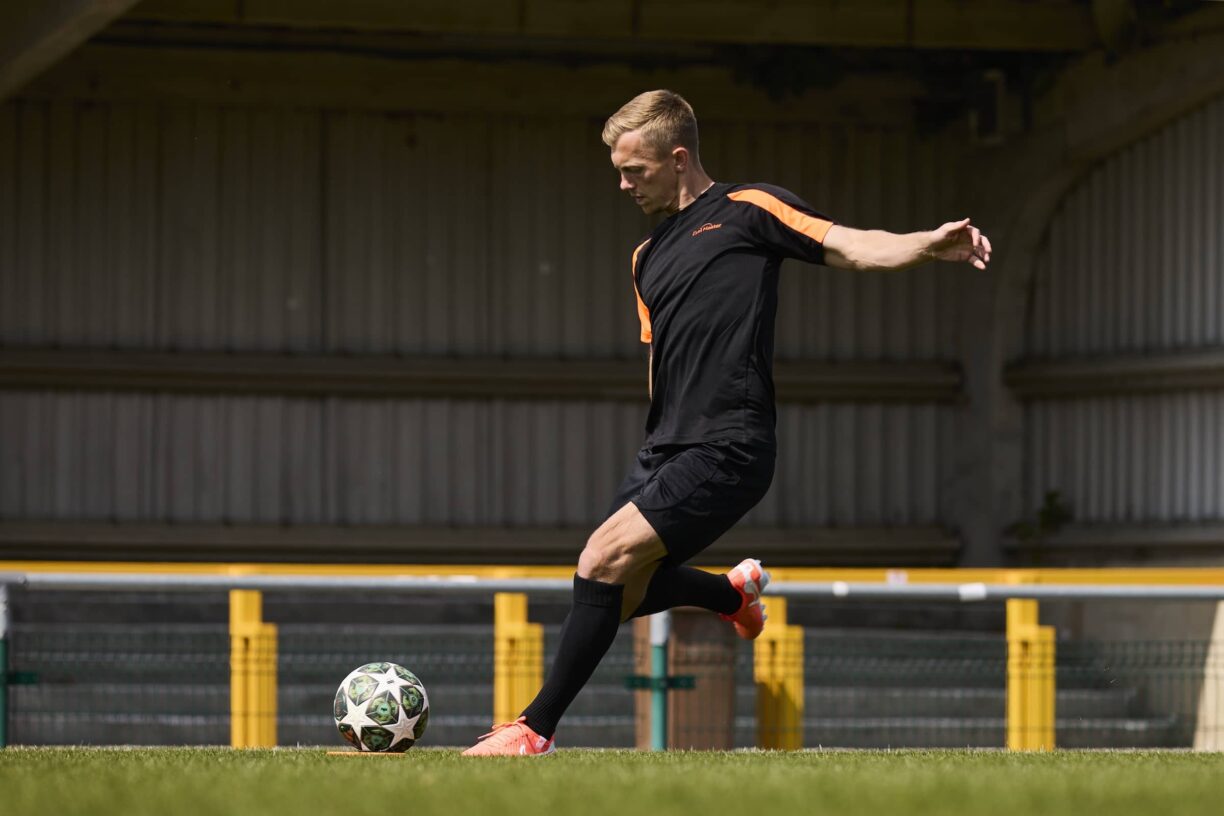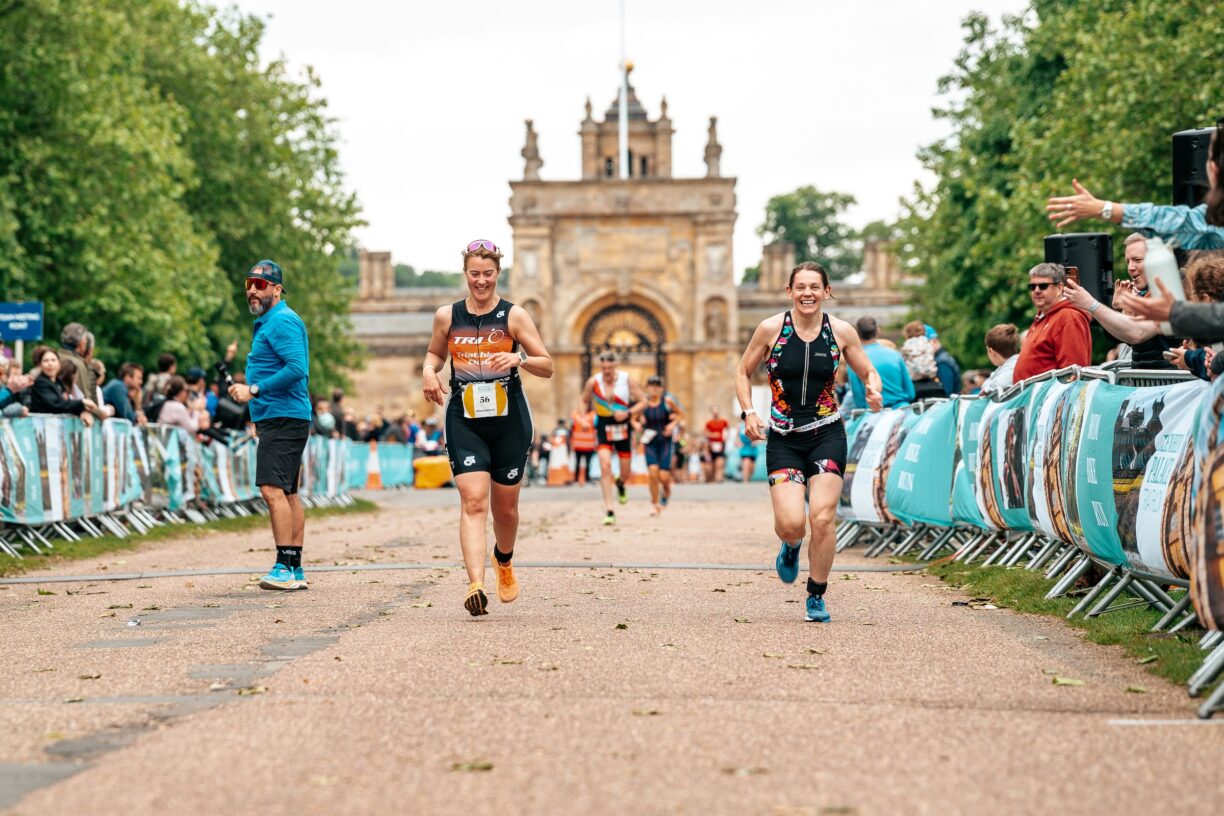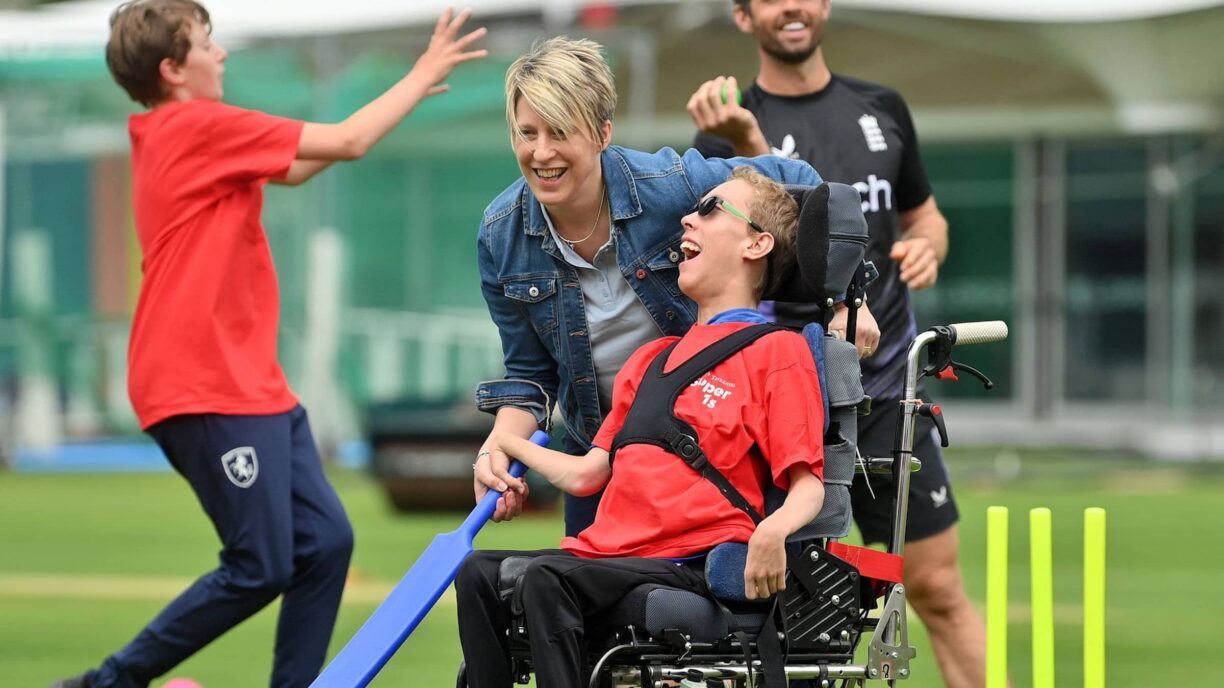A joint task force has been created to explore options for regenerating the Old Trafford area of Greater Manchester, with the development of a world-class football stadium at the heart of the project.
The ‘Old Trafford Regeneration Task Force’ will bring together local leaders and national experts to examine how stadium development can support the renewal of an area of the city with a rich industrial history and huge potential for the future, and deliver social and economic benefits for the entire region.
Chaired by Lord Sebastian Coe, former Chair of the organising committee for the 2012 London Olympics, the task force will assess the feasibility of a new stadium of national significance equipped to host international games and finals, as well as providing a modernised home for Manchester United.
Other members will include Andy Burnham, Mayor of Greater Manchester, Sara Todd, Chief Executive of Trafford Council, and Gary Neville, former Captain of Manchester United.
Working in synergy with Trafford Council’s Trafford Wharfside Framework, the project aims to support the revitalisation of the area between Trafford Park and the banks of Salford Quays, and support the ‘levelling up’ agenda to drive investment in the north of England. It would also reduce the over-concentration of major sporting venues and events in London and the south-east.
Lord Coe said: “Throughout my career in sport, I have seen the potential for stadiums to become focal points for strong communities and catalysts for social and economic development.
That was certainly true of the venues we built in east London for the 2012 Olympics, and we are overdue a project of similar scale and ambition in the north of England.
I am honoured to have this opportunity to share my experience in support of this tremendously exciting project.”
Andy Burnham said: “The development of one of the most iconic stadiums in world football will help attract investment, create jobs, and lead to new opportunities that will not just benefit Trafford but communities across our city region and beyond.
Greater Manchester has been a hive of innovation and creativity for centuries, and sport has played a huge role in shaping our past and present.
This bold and exciting vision for the future of Old Trafford and the surrounding area can become another success story for our city-region.”
Sara Todd said: “We are very pleased that Manchester United have confirmed their commitment to remaining at Old Trafford, their historic home, and welcome the prospect of renewed investment in the development of a world-class stadium.
As plans for the stadium and the neighbouring Trafford Wharfside area progress, we have a unique opportunity to truly transform the historic industrial ‘engine room’ of Greater Manchester into a modern hub for growth and a new community, and we want to build on the socio-economic benefits this will bring, particularly for local residents.
We are committed to working with the club, local residents and other key partners to develop these exciting and ambitious proposals.”
Gary Neville said: “I’m incredibly fortunate to have had the privilege of playing hundreds of games at Old Trafford, and no one can take away those amazing memories.
But Old Trafford has evolved throughout its history and it’s clear we are at a point where it has to change again to ensure that Manchester United has a world-class stadium befitting the world’s greatest club.
While I want the best for Manchester United, I also want the same for the surrounding community.
Old Trafford should be a stadium that the whole of Greater Manchester can take pride in, and be a catalyst for sustainable, cohesive growth in an area of the city that has been neglected for too long.”
Sir Jim Ratcliffe, co-owner of Manchester United, said: “This can be a major regeneration project for an area of Greater Manchester which has played such a key role in British industrial history, but which today requires new investment to thrive again.
The north-west of England has a greater concentration of major football clubs than anywhere else in the world, yet we don’t have a stadium on the scale of Wembley, the Nou Camp or Bernabéu.
We will not be able to change that on our own, which is why this task force is so important to help us seize this once-in-a-century opportunity.”





